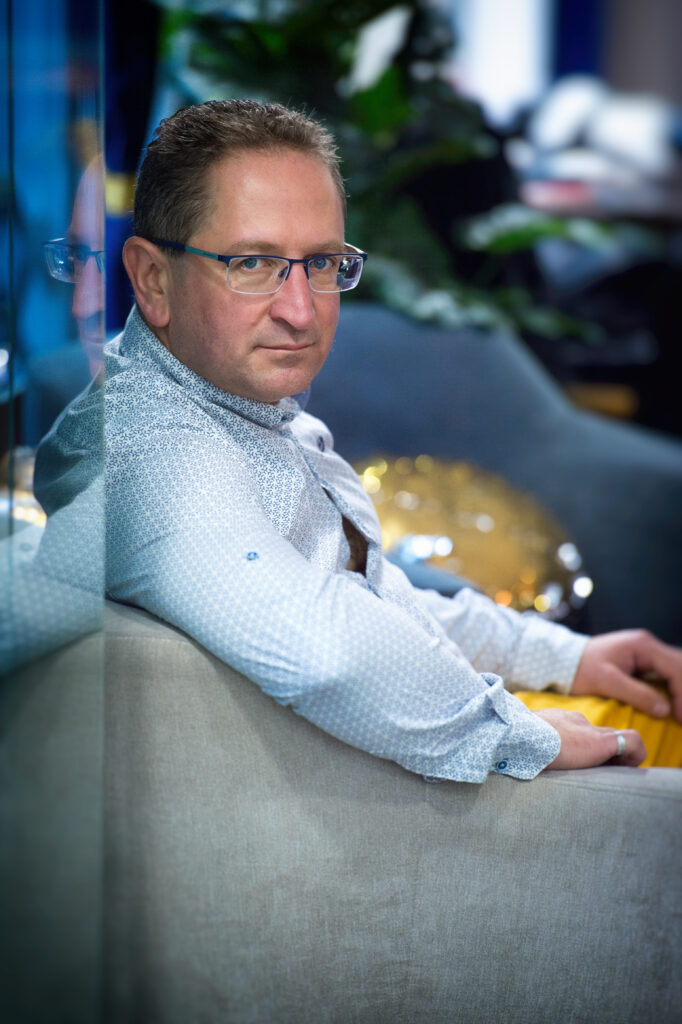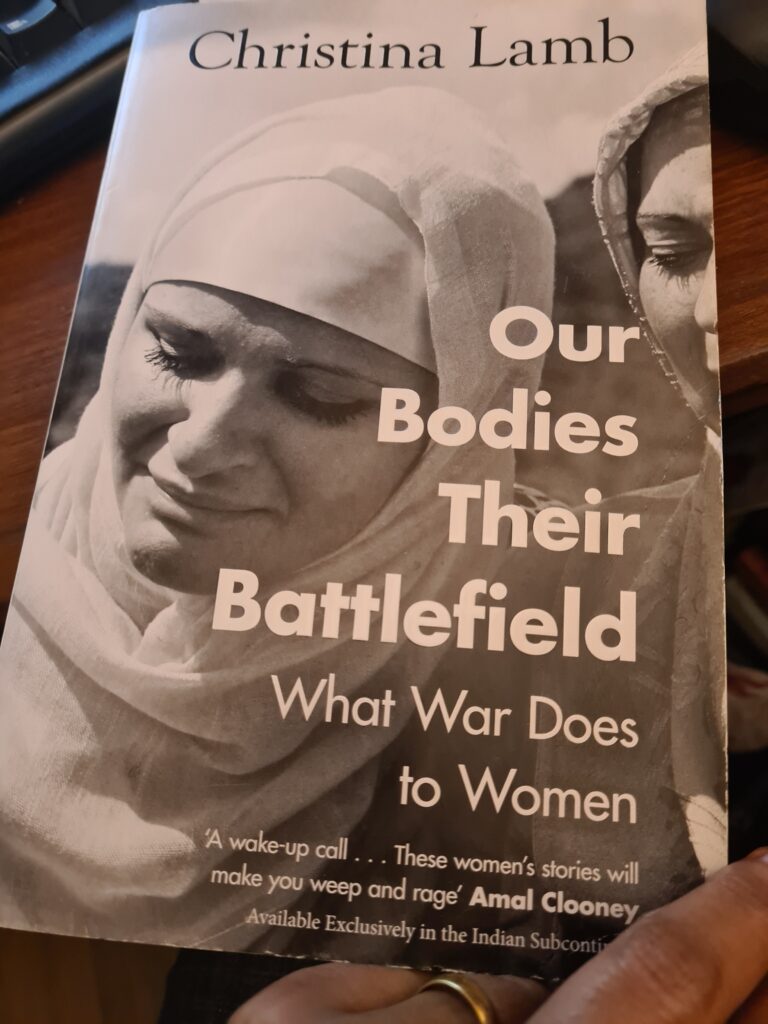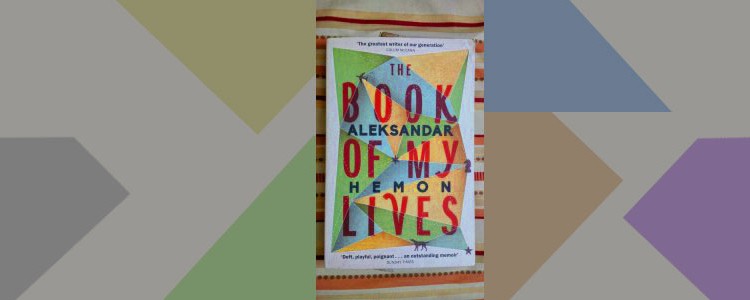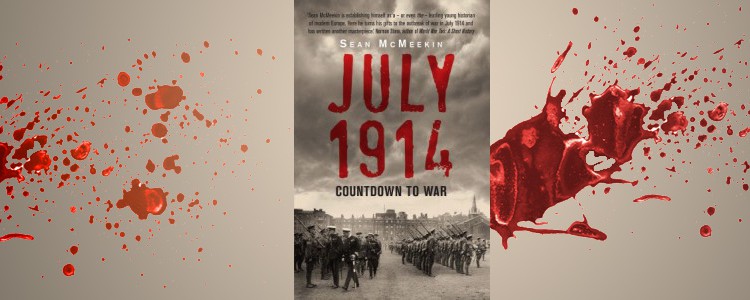Interview with Bulgarian writer Georgi Bardarov

(C) EU
This interview is facilitated by EUPL and funded by the European Union.
I am posting snippets of my correspondence with Georgi as it would give readers an insight into how powerful his writing is.
Thank you for writing the books that you have written. It has not been an easy task reading your writing. I made many false starts. Extraordinarily, I would read the words on the page and none of it would make sense. Then I began reading around it and kept trying at different parts of the day to read your work, hoping I would begin to understand it. Finally, the breakthrough happened. I do not know what it was or was it that simply I had to zone in as a reader into the mind space that you were demanding as a writer. It has been so hard. More so, because you are writing about conflict. Despite your sentences being short and crisp. Descriptions being precise. It is incredibly hard to read the texts at first. It is obvious from the little that I have read of your work in translation that your contribution to contemporary European literature is extremely crucial. It is almost as if it is a sobering reminder that the horrors of conflict wrought upon societies are cyclical, history tends to repeat itself. And with that, the impact on mankind, local societies, triggering migrations, and the spin-off effect upon other communities and nations is a situation that is constantly in flux. Your writing does make the reader pause and reflect. Is any of this conflict worth this suffering and distress? Nevertheless, thank you for what you have written so far. I sincerely wish that there were more of your interviews and conversations available in English on the Internet. I barely found any information except for a quote or two.
Let’s hope we can rectify it.
***
Thank you very much for your frank words about my book and for your interest. Your questions were very meaningful and it was a pleasure to answer them. I am sending them to you as an attachment. I understand that you had a hard time with my books and thank you for being patient and reading them, when I wrote them it was also very hard for me, I have painfully experienced every one of them. I have visited each of the places I write about and talked to people who have experienced or been affected by the conflicts. I heard stories so shocking that some of them I can’t even repeat to my closest person, these stories changed me forever and will stay with me like a wound that will never heal. Yes, there is little information about me in English, but keep in mind that it is almost impossible for a writer from a small country like Bulgaria to be noticed outside his country, that’s why Georgi Gospodinov’s success is spectacular and I am very happy for him.
Warm greetings from cold, winter Bulgaria!
Georgi
***
Georgi Bardarov is a Bulgarian scientist and writer. He is an Associate Professor of Ethno-Religious Conflicts and Demography, a Vice-Dean of the Geology & Geography Department in University of Sofia. He founded and co-hosts the most successful course for the art of public speaking and oratory skills in Bulgaria. A member of the board of the Bulgarian Petanque Federation. He is part of the creative team of the publishing and production company Musagena, which aims to find talented contemporary writers and artists. In 2015, Georgi Bardarov won the first intellectual reality TV show for writers called The Manuscript which awarded him with the publication of his debut novel – I am still counting the days. The book is based on a true story about the love between a Bosnian Muslim and Christian Serb amidst the siege of Sarajevo during the Bosnian war.
Georgi Bardarov is the winner of the Pen Club award for his debut novel. The book has also been nominated for novel of the year in Bulgaria. In 2020, his second novel Absolvo Te was published. The novel, inspired by two true stories, explores the abyss between two nations with common origins but have been waging a daily fratricidal war for decades. Georgi Bаrdarov is the winner of the European Prize for Literature for 2021 and the biggest literary prize in Bulgaria – the National Vazova Award for 2022.
Q1 What is the focus area of your work as an academic of Ethno-Religious Conflicts and Demography?
As a specialist in ethno-religious conflict, my main concern is to expose the folly of military conflict. I think there is no cause that is above human life, every war is hidden under the mask of some cause, national, religious, etc., but in fact every war is just a business, a very profitable business for some, while others die thinking they are doing it for the cause. The main thing I want to convey to my students is that all humans are essentially the same and every division, ethnic, religious, even racial, is made for the sole purpose of being manipulated and used. Regarding Demography, I want to break the clichés about the demographic situation in the world because demography follows its logical and natural course and there should be no fear of demographic processes.
Q2 It has been extremely hard, under today’s circumstances of the ongoing conflicts around the world, to read your latest novel Absolve Te (I absolve thee). As far as I have been able to gather, it is based on two true stories – one about World War II and the Holocaust, and the other about the Arab-Israeli conflict. The main characters are a Palestinian, a Jewish man and a Nazi officer. Each of them must forgive and look past each other’s sins. How do you find the mental bandwidth to write about war while there are so many ongoing conflicts around the world? Do you test samples of your work with a trusted circle of readers before publishing the manuscript?
This is a cause for me, well beyond books and novels. But after two novels about wars, I feel infinitely exhausted and don’t want to write about war anymore. I am often asked in Europe if I will write a book about the war now in Ukraine? I answer no, everything I had to say about wars I have said everything in my two books, nothing new to add, everything is painfully repetitive, the protagonists change, the territory of the conflict changes, but the violence is essentially the same and it doesn’t matter when or where the war is! Yes, there are some very close people I discuss my manuscripts with, and I have a wonderful editor, Hristo Karastoyanov.
Q3 How do you find your entry point in writing these narratives about the war? How do you fix a text in time so as to be able to write it?
First there has to be a true story that has touched me emotionally and I want to tell it to people. Second I do a lot of serious research with books, archival documents, people’s stories and third I absolutely go to the places I write about, do fieldwork so I can feel the energy of the place and then convey it authentically in the novel!
Q4 In some senses, your expertise as an ethno-religious conflict comes to the fore while writing these books. How much of this is historical fiction and how much of it is based on reality and empirical evidence? What is the purpose of writing conflict-based fiction? Does it give you the space to ask questions as well?
All my books are based on true stories, there is of course a lot of fiction, it’s hard to judge which is more, maybe 50/50. And my goal is for people to start asking themselves questions and not accept the easy answers and stay vigilant against manipulation.
Q5 What triggered your interest in conflict studies? What have you discovered over the years about mankind, conflict, and survival? Or am I missing something critical altogether?
I have a favorite thought, “Only the wisest and the stupidest never change.” Unfortunately, humanity is not one of the first. All the mistakes we’ve made as a human race we repeat them again, and again, and again.
Q6 You are a part of the creative team at Musagena when your mss was submitted for consideration. There is an imprint in your name on the website. Why did you feel the need to self-publish (if you can call it that) your debut novel? Is the topic too sensitive and controversial?
Yes, I am part of Musagenа. Our idea to create this publishing house was to be able to promote my books outside Bulgaria, because the traditional Bulgarian publishers work almost exclusively for the small Bulgarian market. Otherwise the subjects of my books are popular, albeit sensitive, both in Bulgaria and elsewhere in Europe.
Q7 What has been the response to your books? Do readers understand or are they as bewildered as the children in your stories are about what they are shown? Are readers receptive to books that are ostensibly set in the past but in reality, are about geographies that are currently in the news?
At the same time, my books are very well received, but readers are also shocked when they read them, because our idea is that such atrocities cannot happen today, that they have been left in the past. That is why I present war in all its ugliness and cruelty, so that people can feel that there is nothing more terrible than war, I believe that a war cannot be presented lightly or even “heroized”.
Q8 Is the experience of writing in any way cathartic for you? How do your academic pursuits influence your fictional writing and vice versa?
Yes, I experience my own personal catharsis when I write my novels and develop my characters, I experience it with them. I wrote Absolvo Te because there are things I can’t forgive myself for in my own life, and with the catharsis of my three main characters, I experienced my own personal one. My academic career helps me do a lot of serious research for my stories; I do it more as a scholar than as a writer.
Q9 Who are the writers you admire?
Of course, except Georgi Gospodinov, who is already world famous, I like very much Ivo Ivanov, who lives in the USA and writes very strong stories about the strength of the human spirit, Radko Penev, who is a naval officer, but his books are charged with a lot of humanism and beauty, the incredible poet Petya Dubarova and my editor Hristo Karastoyanov, who is also a wonderful writer.
Disclaimer: This paper was written under the European Union Policy & Outreach Partnerships Initiative with the view to promote European Union Prize for Literature awardees. The publication was funded by the European Union. Its contents are the sole responsibility of the authors and do not necessarily reflect the views of the European Union.





